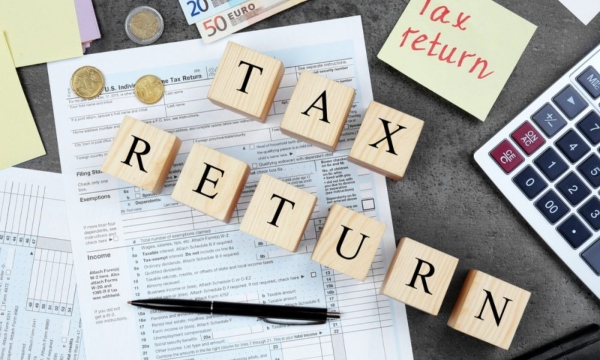Form 16 and Form 26AS hold significant importance for taxpayers as they act as evidence of the income earned and the tax deducted at source (TDS) throughout the fiscal year. Typically provided by the employer, Form 16 is handed to employees by or before the 15th of June of the subsequent financial year. Form 26AS is a consolidated tax statement that contains details of all the taxes that are deposited with the government on behalf of a taxpayer.
Tax forms can be confusing! Here’s a quick breakdown of Form 16 vs. Form 26AS:
Form 16 encapsulates vital information including the employee’s name and PAN (Permanent Account Number), employer’s details, income figures, tax deductions, and other pertinent particulars.
Can You File ITR Without Form 16?
Form 16 is also essential for filing ITR as it contains all the necessary details required to calculate the taxable income and the amount of tax payable. Without Form 16, it may be difficult for salaried employees to file their ITRs accurately and efficiently, which can result in penalties or legal issues. However, ITR can be filed without Form 16 provided all details are correctly filed by the taxpayers.
Moreover, Form 16 is accepted as valid proof of income by banks and financial institutions when employees apply for loans or credit cards. Therefore, salaried employees must obtain Form 16 from their employers every year and keep it safe for future reference.
Individuals who do not have Form 16 may obtain tax from Form 26AS.
Form 26AS is a consolidated tax statement that contains details of all the taxes that are deposited with the government on behalf of a taxpayer. It is a statement that reflects the tax credit in a taxpayer’s account.
Form 26AS is something you should be aware of if you are a person or a business submitting tax returns. Form 26AS, which serves as a unified tax credit system, is essential in all tax payments made on your behalf by your company or clients. It contains important information regarding Tax Deducted at Source (TDS) and Tax Collected at Source (TCS) from various income sources such as banks and employers.
It consists of;
- Details of TDS on salary, interest income, rent, and other sources.
- Details of TCS, if any.
- Details of Advance Tax/Self-Assessment Tax/Regular Assessment Tax paid by the taxpayer.
- Details of high-value transactions like property purchases, investments, etc. if any.
- Details of tax refunds received in the financial year.
How To Download Form 26AS?
Form 26AS can be downloaded anytime from the TRACES website (https://eportal.incometax.gov.in/).
Source By: news18










